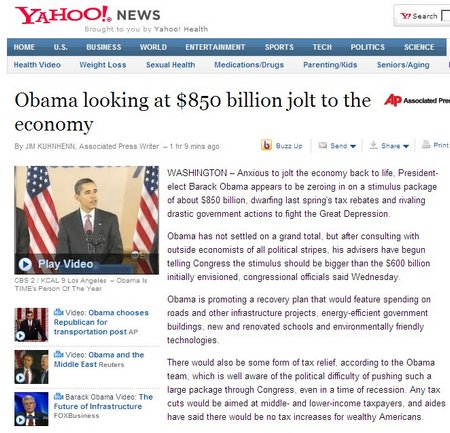Speed Gibson prodded me into using the Internet to find Caribou Coffee locations. I like to know where one can find a decent cup of coffee along our route from southwest Michigan to north-central Minnesota, where my parents live.
It had been some time since I tried using the Internet to do this. As I looked up the site I thought to myself, Sure, you can put in the name of a town and find the Coffee places within so many miles. But I want it to tell me where I can find coffee along our route.
And then I saw it on the Caribou Coffee page: Under “Find a Location,” there are the choices: “By City,” “By Address,” and “Along a Route” (!). Just what I wanted!
Now if only Caribou Coffee could make better coffee. I usually prefer it to Starbucks (too burnt), though the Starbucks quality is probably more consistent. But the last time I got a Caribou cup at Hudson, WI, I had to throw it out as undrinkable. There ought to be a rule that a person who doesn’t drink coffee shouldn’t be allowed to stand behind a counter and sell you coffee. (I don’t actually know that it was a non-coffee-drinker, but I can’t imagine someone who drinks coffee selling something that has gone bad.)
And coffee that might be OK with milk, ice, and whatever is not necessarily going to be good to drink straight. Not all coffee shops realize that.
Here is a quick summary of some memorable places where I’ve gotten coffee.
-
The best coffee I’ve ever had was a cup of Zimbabwe coffee in September 2003 at a coffee house in Millersburg, Ohio that has since gone out of business. My wife agreed. I don’t know if it was fresh roasted but it was ground fresh for us.
-
We just picked up an order today at
Upson’s in Kalamazoo. Roasting day is Tuesday. I like the way Linda roasts, though some people might like it roasted not quite as dark. Unfortunately she doesn’t carry as big a variety as she used to. I get Sumatra and Costa Rica coffee there. I used to get Kenya AA as a special treat, and an Ethiopian until she said I was one of only two customers for it and she wouldn’t be getting more. This is where I get most of my beans.
-
Once in a while I order coffee from the
Great Northern Roasting Company in Traverse City. The variety is not great, but Jack produces some exquisite roasts. He roasts just before shipping. I just finished a great cup of Tanzania Peaberry from his beans.
-
I get the coffee of the week from
Sweet Maria’s now and then. It’s also where I order my french presses and other supplies. Maybe someday I’ll order a roaster from them, too. Roasting my own is probably the only way I’ll get some of that excellently complex Yemen coffee on a regular basis.
-
Last summer we stopped at Canterbury Coffee in Bellefontaine, Ohio. They have a big variety to choose from. (How come places like Caribou and Starbucks don’t offer choices of regular brewed coffee?)
-
Bella Caffe’ in Park Rapids MN will let you order a fresh-pressed coffee in a french press. I’ve long thought coffee houses should offer this. I’ll gladly wait 5 minutes for coffee to be fresh ground and fresh brewed to order. I discovered this place several weeks ago. But they serve you the press. Well, that’s not necessary. The thing to do is push the plunger after 3 minutes and immediately pour it into cups — not let the coffee sit in the press. But at least one can get fresh brewed coffee there.
-
Most Panera Bread places sell decent-to-good coffee, though I’ve found 1-2 places that try to skimp. Skimping on the coffee makes it bitter. I’ve had decent cups of coffee at MacDonalds, too, and have also had good coffee at Arby’s and Tim Hortons. But some people in these fast-food franchises shouldn’t be allowed to make coffee. I suspect they are non-coffee-drinkers.
- At gas stations I sometimes put a little in a cup and sniff it before deciding whether or not to buy a cup. I’ve had really good gas-station coffee, but it tends to be a crap shoot where you lose more often than not. Coffee can be ruined by people who are too cheap and who skimp on the grounds, or who don’t clean their equipment properly, or who let the brewed coffee sit too long and let it go rancid. But at least there is the possibility of getting good coffee on the road these days. Most coffee nowadays is better than what you used to find 20-30 years ago. It’s certainly a lot better than the stuff I used to drink then.
Time to go brew another cup. What should it be? My personal blend of Sumatra-Costa Rica from Upson’s? Or should I break open the “Terruno Nayarita Mexican Natural” from Great Northern? Decisions, decisions.
